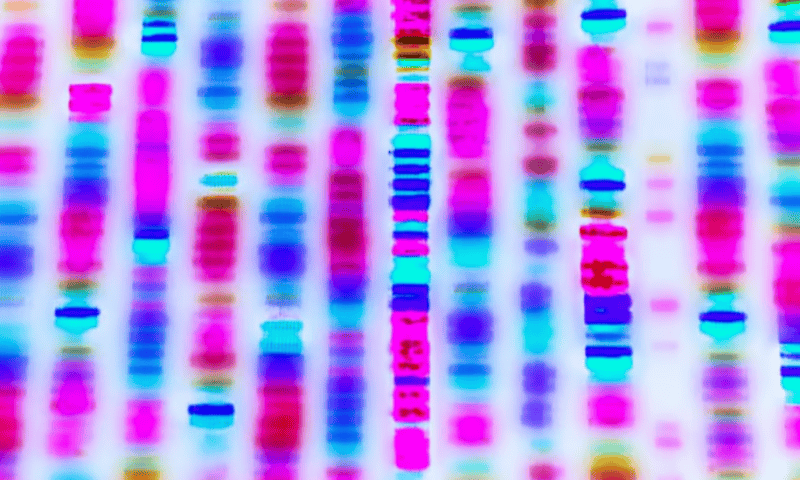Merck KGaA’s subsidiary MilliporeSigma has developed a first-of-its-kind “all-in-one” CHO genetic stability assay, according to an April 16 release. The company claims that the platform, called Aptegra, cuts biosafety testing time by two-thirds, speeding up the commercialization process for biotech and pharma clients.
CHO cells, or Chinese Hamster Ovary cells, closely mirror human cells and thus have many different applications in pharmaceutical production, including to manufacture proteins and for toxicology studies. However, they’re naturally genetically unstable, meaning they’re prone to mutations in their DNA, a problem that can compromise the quality of a protein or production process or influence the outcome of a toxicity test.
Researchers are therefore required by the FDA to use several different types of tests to make sure the cells’ genes are stable. However, these tests are often time-consuming and, as Merck KGaA pointed out in the press release, can result in extra data that require more interpretation.
As a solution, the company came up with a test that replaces five different assays and four different technologies with one that uses new types of genetic sequencing technology. It purportedly reduces testing time by 66% and costs by 43%, according to Merck KGaA, and satisfies regulatory requirements.
“CHO genetic stability safety has remained relatively unchanged for many years,” Benjamin Hein, head of life sciences services under Merck KGaA’s life science business, said in the release. “The Aptegra platform transforms biosafety testing with a digital solution using next-generation sequencing.”

